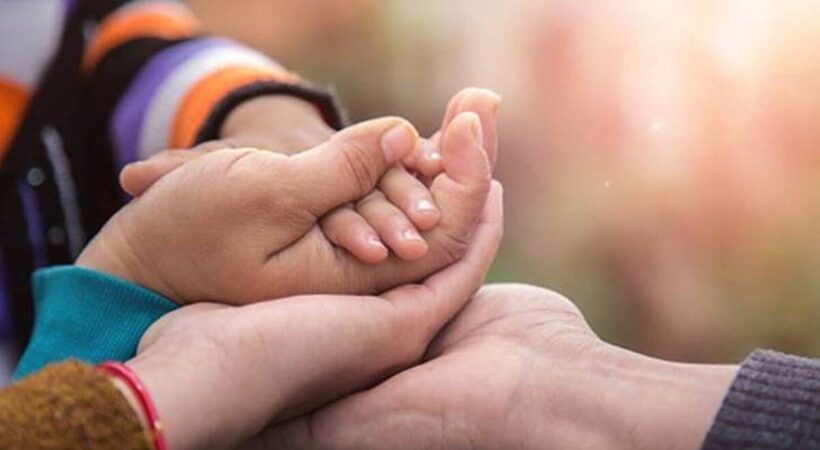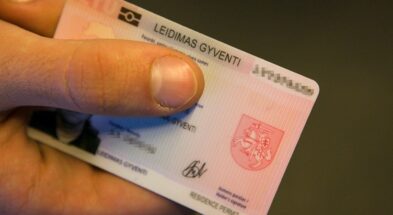Adoption is technically not illegal in the UAE. But Emiratis and other Muslim residents living in the UAE cannot adopt a child, as adoption is not recognized in Islam. The UAE is a Muslim country, and thus Islamic law is in practice in the country.
But these individuals are permitted to raise, care for, sponsor or foster an abandoned child or orphan, through licensed charitable organizations, for example, the Emirates Red Crescent Authority. But the child must keep the family name of his biological father and should not take the family name of the people who adopted him.
Adoption is not illegal for expats, but parents in question must not adopt from within the UAE. There are systems in place to allow expats to adopt a child from overseas. Unmarried, cohabiting couples or individuals are not permitted to adopt under UAE law.
Adoption is available for expatriate resident couples, but only outside the UAE. Adoptions are not conducted within the UAE, but adoptions carried out abroad are accepted in the country. As a result, the conditions of adoption must be followed as per the national law (law of home country) of the adopting parent and to the national law of the adopted child.
When returning to the UAE, the adopted children will receive the same rights and protection as biological children. As adoption orders issued elsewhere can be recognized in the UAE if the child has the name of the adoptive parents.
For example, if adoption is conducted in India and the child’s name is duly changed to the same surname as the adoptive parents, the child can then come to the UAE and receive a residency sponsorship as their legal child. The child will be protected under UAE law as their child. The UAE laws do not differentiate between a biological child and an adopted child. Adoption cannot be pursued if the national law of both spouses prohibits it.
The Procedure of Child Adoption in the UAE
Individuals wanting to be parents should seek their embassy for guidance on adoption laws in their home countries and to ensure that adopted children will gain citizenship before proceeding with the adoption process. After that, local authorities will conduct a home study. For example, the Human Relations Institute and Clinics (HRIC) in Dubai conduct this study.
A psychological evaluation with a report signed and certified by a licensed psychologist will be required for showing eligibility as a potential parent as part of the home study programme. The treatment will consist of multiple weekly therapy sessions, and the process will take up to ten weeks.
The sessions are used to assist potential parents in preparing for child adoption. The programme is for the benefit of the child. When the home study programme is being implemented, the adoption papers should be set up (by the family lawyer or an agency) in the UAE of the adoptive parents. The lawyers or agency take care of everything such as setting a court date, finishing and filing documents, obtaining exit documentation, etc.
The steps in an adoption process for UAE expats
The following applies to each case differently:
Complete the home study with the HRIC
Have a home assessment
Gather and submit paperwork, which should be certified by three countries
Contact an adoption facilitator in your chosen country
Wait to be matched to a baby or a child
Fly out to meet the child, and complete further paperwork
Await court date and fly out to child’s birth country again
Apply for a visa and bring the child back to the UAE
Apply to your country of origin for citizenship
Frequent reports back to the birth country on the development and wellbeing of your child up to 18 years old
Conditions for adopting a child in the UAE
Foster family or single mother must be capable of supporting the adoptive child and other family members financially
Foster family must be able to undertake the treatment of a child, bring him/her up in an appropriate manner, and take care of his or her health and general well being
Forster family or single mother must not be a victim of any infectious disease, as well as mental or psychological disorders
Family should provide proof of display of good conduct
A single mother must be willing to foster a child
Single mothers should be 30 years old or older
Spouses should be 25 years old or older



















